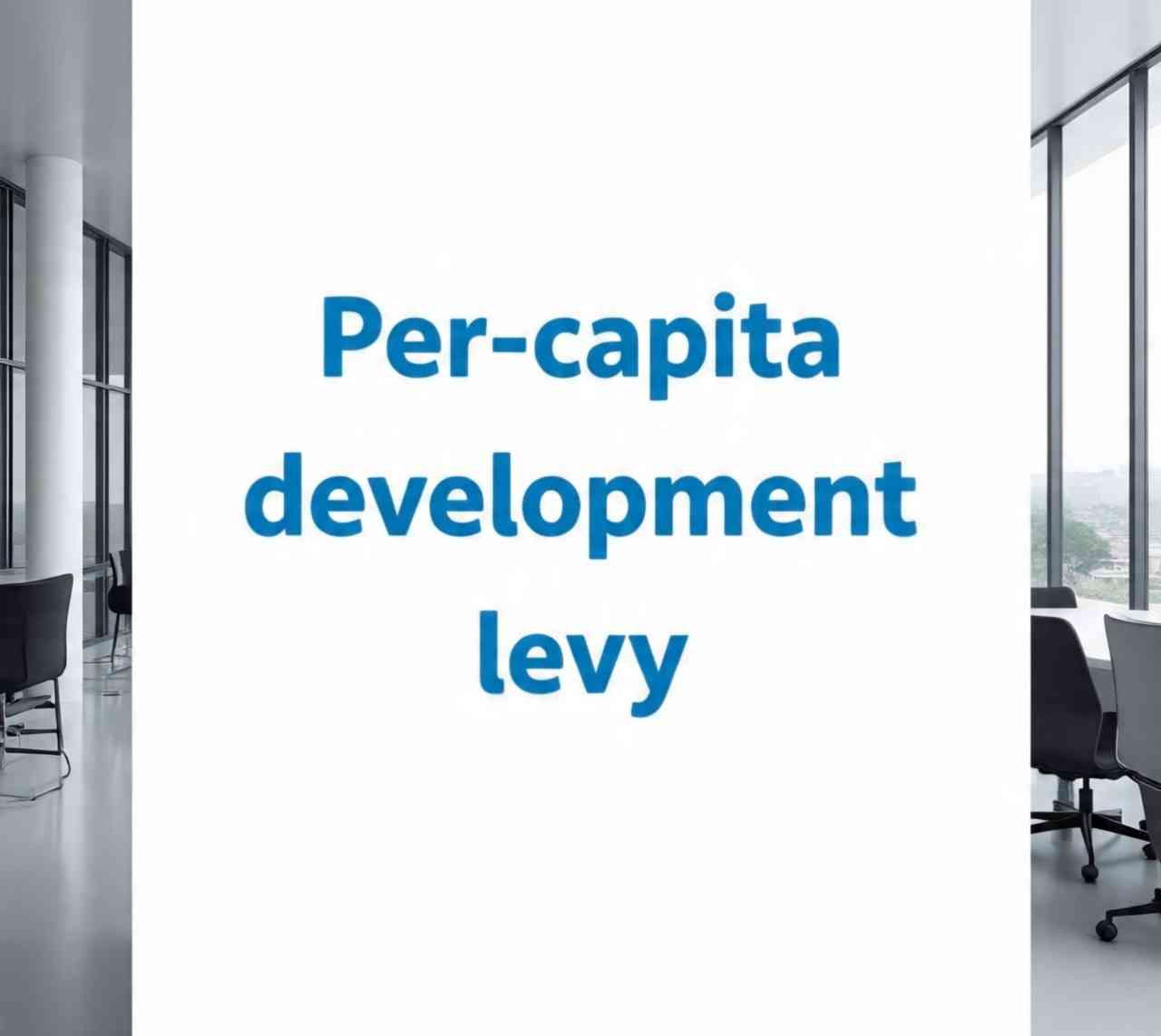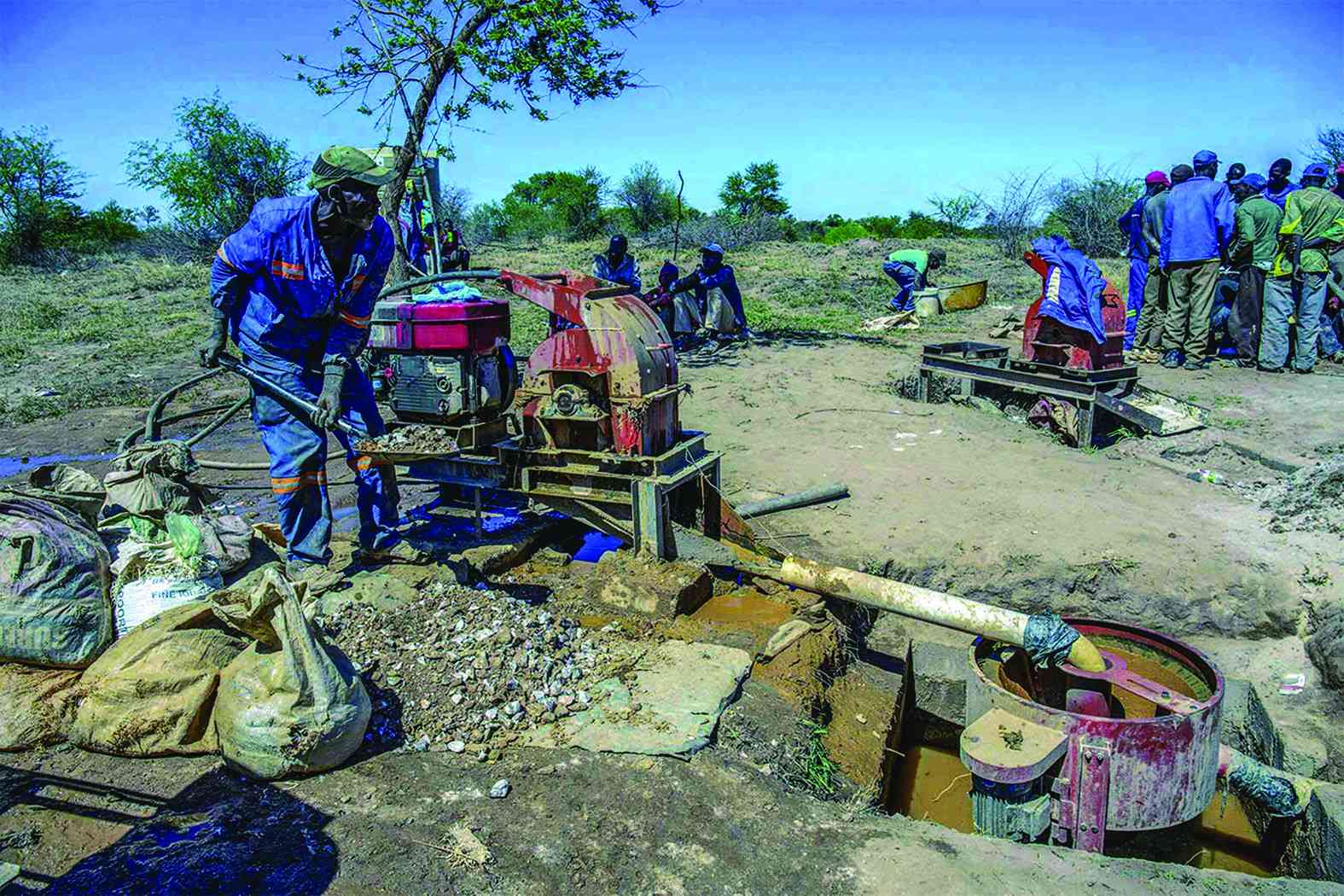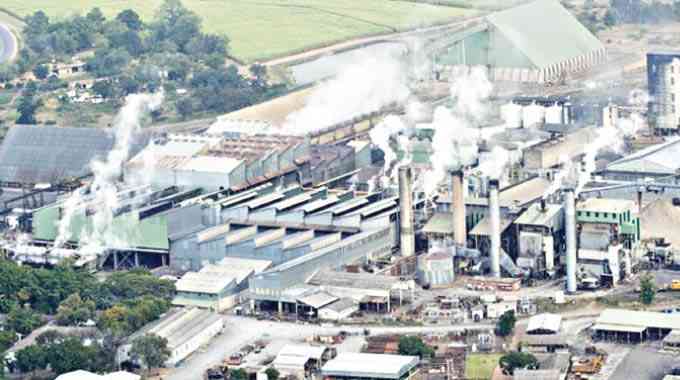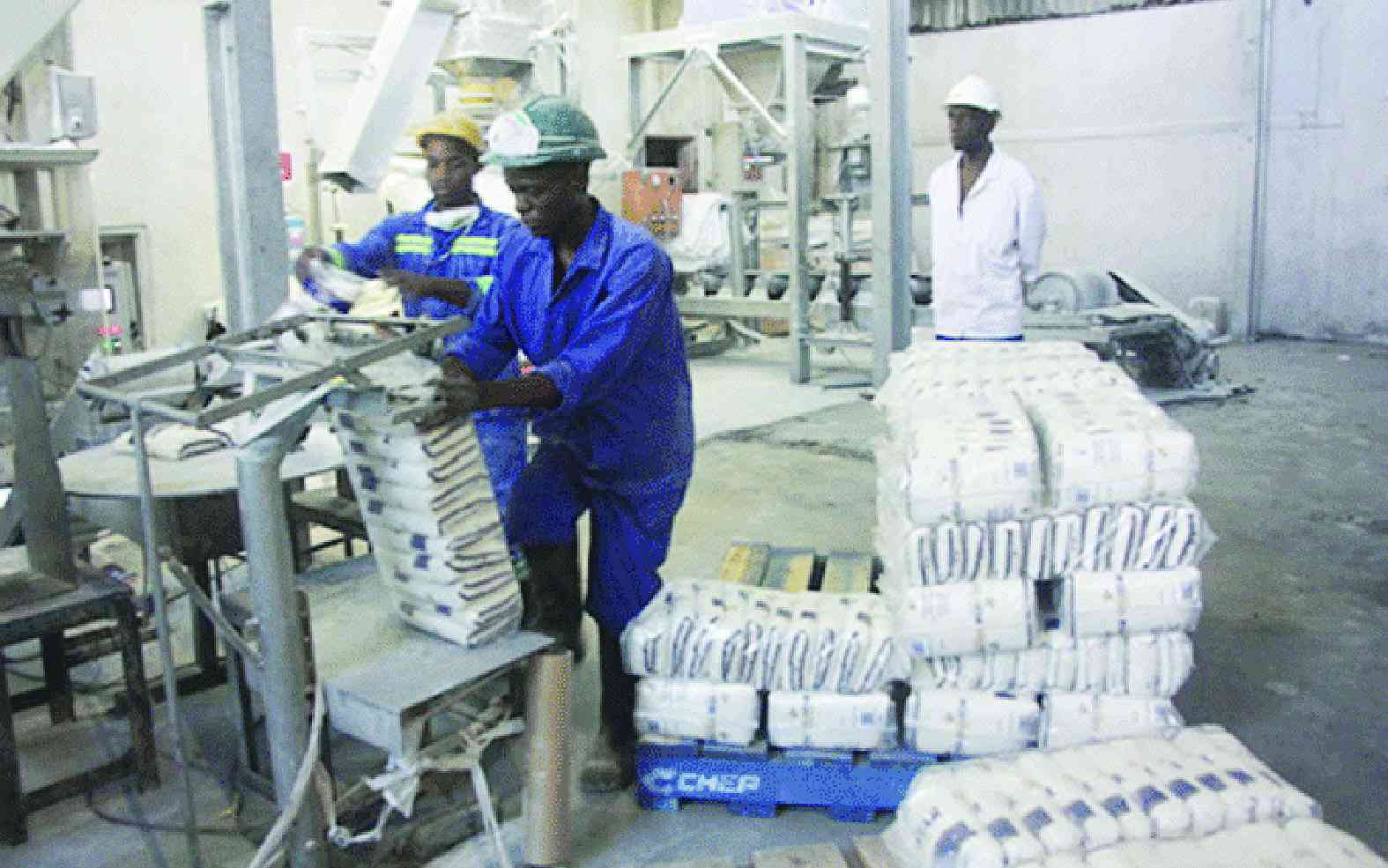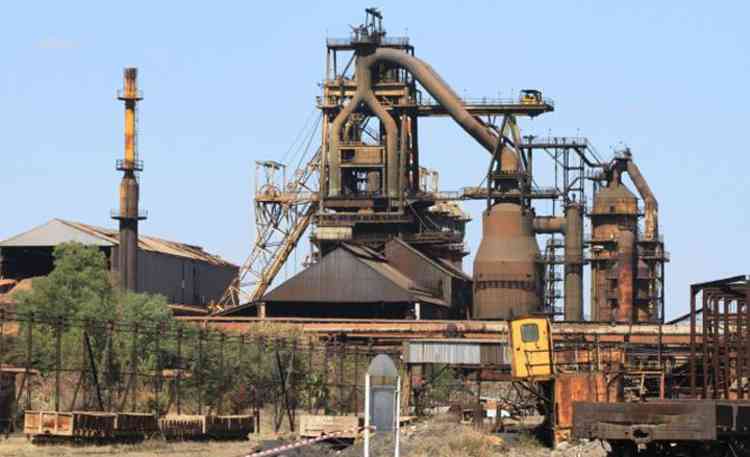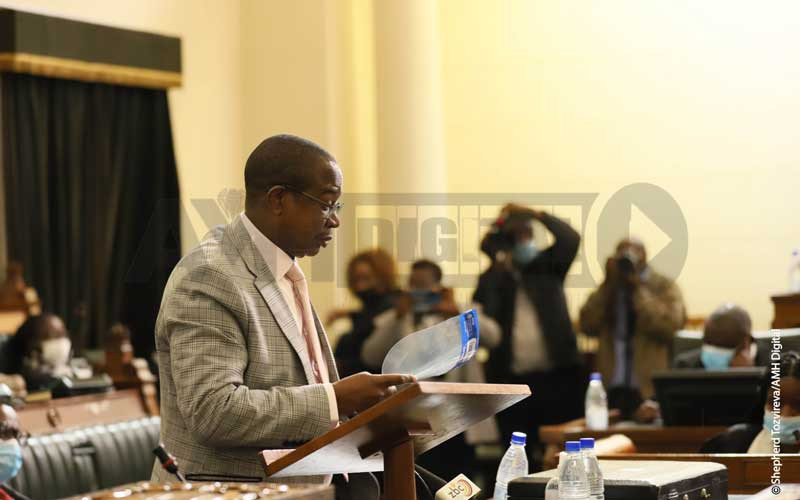
MUCH of the country’s business sector expects the economy to tank next year due to the looming general elections, which have in the past been associated with policy reversals and political violence, a survey has found.
This comes as Zimbabwe’s economic crisis, characterised by a debilitating liquidity crunch, currency volatility and three-digit inflation, has been deepened by the current rolling power cuts which are lasting up to 18 hours or more as a result of reduced generations by one of the country’s two major power stations, the Kariba Power Station.
The power station has been forced to halve its power generation capacity to 300 megawatts owing to low water levels in Lake Kariba.
According to the 2022 Zimbabwe National Chamber of Commerce State of Industry and Commerce Survey unveiled in Harare yesterday, 59% of the businesses surveyed expect the economy to deteriorate next year.
“In the case of expectations, pessimism continues with a larger percentage of the businesses expecting a worse economic situation in 2023 compared to those expecting otherwise,” the survey revealed. “For instance, 59% expect the country’s general economic situation to deteriorate and 18% expect it to improve. Similarly, about 61% and 53%, respectively expect profitability and ease of doing business in 2023 to deteriorate compared to 17% and 11% who are optimistic.”
The survey revealed that across all the nine economic variables, upon which surveyed stakeholders were asked to provide their comparison between 2022 and 2023, on average 48% of respondents indicated that the situation is expected to deteriorate in 2023 compared to 2022.
“The 2023 pessimism is mainly due to general elections which, judging from previous general elections in the country, may be associated with policy reversals and political violence, thus making the business environment more risky,” the survey states.
The survey added that the Business Confidence Index showed that, at the time it was taken, firms and stakeholders in industry and commerce had no confidence in the government’s macroeconomic stabilisation policies in 2023 and in international and domestic economic recovery.
- Power crisis hits Proplastics factory
- Women urged to take advantage of Women’s Bank
- Half of Zim youths loafing: ZimStat
- ‘Zim situation always dynamic’
Keep Reading
“The firms have no confidence at all that the general domestic economic situation will improve as the BCI is -52, a perception figure which falls in the pessimistic range. While ‘Zimbabwe is open for business’ sentiments from the business community are that the investment situation in 2023 will be discouraging, with a BCI value -45,” the survey revealed. “These negative expectations on the investment situation imply that the desire to have more investments will remain a pipedream unless the government institutes radical measures which address various factors that make Zimbabwe a difficult operating environment.”
The survey also indicated that the financial muscle of consumers is anticipated to be lower in the coming year than what it is currently. This expectation, the survey states, is the fear of the upcoming 2023 elections.
“The business community is afraid of the spike in government expenditure associated with election business cycles. Surveyed stakeholders are afraid that any populist policies are highly likely to sustain the current inflationary pressures further fuelling the depreciation of the local currency both on the official and parallel markets,” the survey noted.
Follow Kudzai on Twitter @kuwazakudzai

